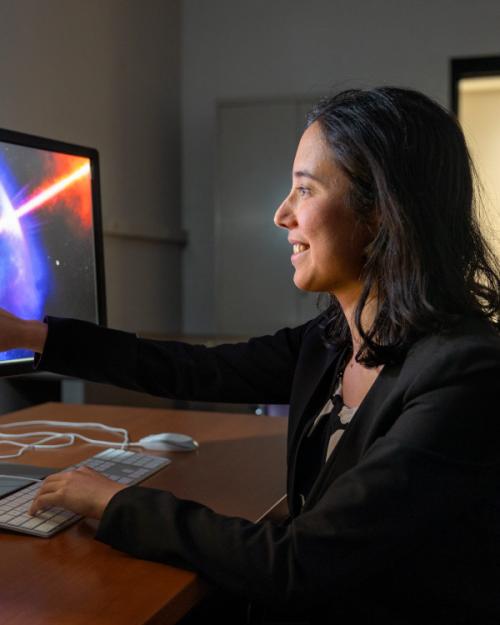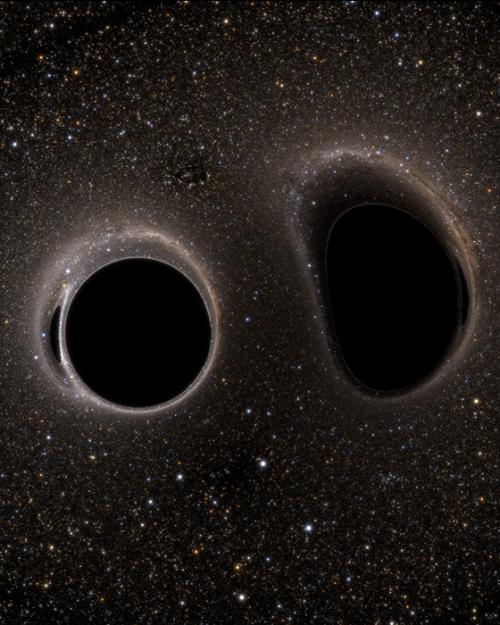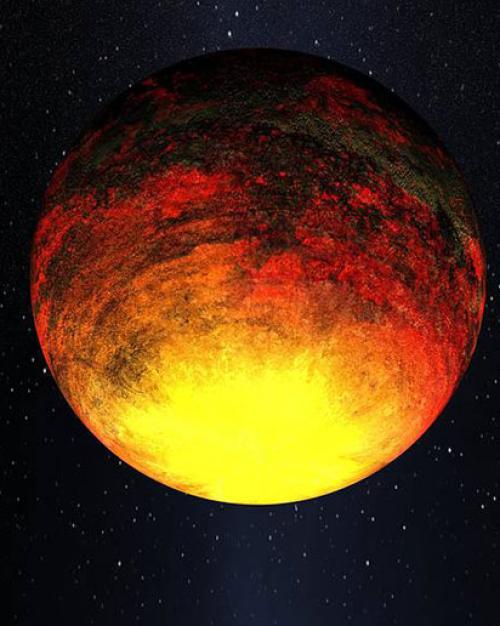Image: Artist's rendering of Kepler 10b. Credit: NASA/Kepler Mission/Dana Berry
NASA’s Kepler spacecraft transformed our understanding of the universe, turning science fiction fantasy into scientific reality. The mission discovered more than 2,500 planets, with another 2,000 awaiting confirmation, revealing that planets outnumber stars in the galaxy.
Natalie Batalha, astrophysicist and planet hunter, will describe Kepler’s legacy and preview planned follow-up missions in the 2018 Carl Sagan Distinguished Lecture at Cornell, Dec. 5 at 7 p.m. in Call Auditorium. “Lava Worlds to Living Worlds: How a NASA Mission Sparked the Search for Life Beyond the Solar System” is free and open to the public.
“Kepler changed our collective perspective regarding the feasibility of finding evidence of life beyond Earth and catalyzed efforts across the globe to reach that goal,” said Batalha, project scientist for the Kepler mission.
Lisa Kaltenegger, associate professor of astronomy and director of the Carl Sagan Institute, says that Batalha is an amazing scientist and an inspiring speaker. “Listening to her tell the story of the discovery of those fascinating worlds will make for a great evening and will let the audience partake in the excitement of the discoveries,” said Kaltenegger.
Batalha, professor of astronomy and astrophysics at the University of California, Santa Cruz, She has been involved with the Kepler Mission since the proposal stage, from studying the stars themselves to detecting and understanding the planets they harbor. Batalha led the analysis that yielded the discovery in 2011 of Kepler-10b – the mission’s first confirmation of a rocky planet outside our solar system. Today, she leads the effort to understand planet populations in the galaxy based on Kepler discoveries. In 2011, Batalha was awarded a NASA Public Service Medal for her vision in communicating Kepler science to the public and for outstanding leadership in coordinating the Kepler Science Team.
In 2015, Batalha joined the leadership team of NASA’s Nexus for Exoplanet System Science Coalition, a new NASA initiative searching for evidence of life beyond our solar system. She also serves on the James Webb Space Telescope Advisory Committee and as a member of the NASA Advisory Council's Astrophysics Subcommittee. In 2013, she participated on the taskforce to define NASA's 30-year Astrophysics Roadmap- Enduring Quests, Daring Visions: NASA Astrophysics in the Next Three DecadesIn 2017, Batalha was selected by Time magazine as one of the 100 most influential persons of the year.
The Carl Sagan Institute was founded in 2015 at Cornell to explore other worlds – how they form, evolve and if they could harbor life inside and outside of our solar system. The interdisciplinary institute brings together astrophysicists, engineers, geologists, biologists and Earth scientists to find the fingerprints of life in the cosmos.





